What is a Self-Directed Brokerage Account?
A self-directed brokerage account, also known as a brokerage window or self-directed brokerage option, is a feature offered within some employer-sponsored retirement plans, such as 401(k) plans. This feature allows participants to invest a portion of their retirement savings in a wider range of investment options beyond those offered by the standard plan lineup.
Here's how a self-directed brokerage account works:
Expanded Investment Options: Typically, employer-sponsored retirement plans offer a limited selection of investment options, such as mutual funds or target-date funds. With a self-directed brokerage account, participants have access to a broader range of investment choices, including individual stocks, bonds, exchange-traded funds (ETFs), and sometimes even alternative investments like real estate investment trusts (REITs) or commodities.
Brokerage Platform: Participants who choose to utilize a self-directed brokerage account open a separate brokerage account within their employer-sponsored retirement plan. This account is usually administered by a third-party brokerage firm selected by the plan sponsor.
Investment Control: With a self-directed brokerage account, participants have greater control over their investment decisions. They can research and select specific investments based on their individual risk tolerance, investment objectives, and market outlook.
Risk and Responsibility: While a self-directed brokerage account offers more investment flexibility, it also comes with additional risk and responsibility. Participants are responsible for conducting their own research, monitoring their investments, and managing their portfolio. They should have a good understanding of investment principles and be comfortable making their own investment decisions.
Fees and Expenses: Participants should be aware that utilizing a self-directed brokerage account may incur additional fees and expenses beyond those associated with the standard plan options. These fees may include trading commissions, account maintenance fees, and fees charged by the brokerage firm for specific services or transactions.
It's essential for participants to carefully consider whether a self-directed brokerage account is appropriate for their individual financial situation and investment goals. While it can offer greater flexibility and investment choices, it may not be suitable for all investors, particularly those who prefer a more hands-off approach to investing or who are not comfortable taking on the additional responsibility of managing their own portfolio.
The information contained herein is not intended as financial, legal or tax advice, and may not be suitable as required by specific circumstances. Please consult your financial planner, attorney and/or tax adviser as needed.


